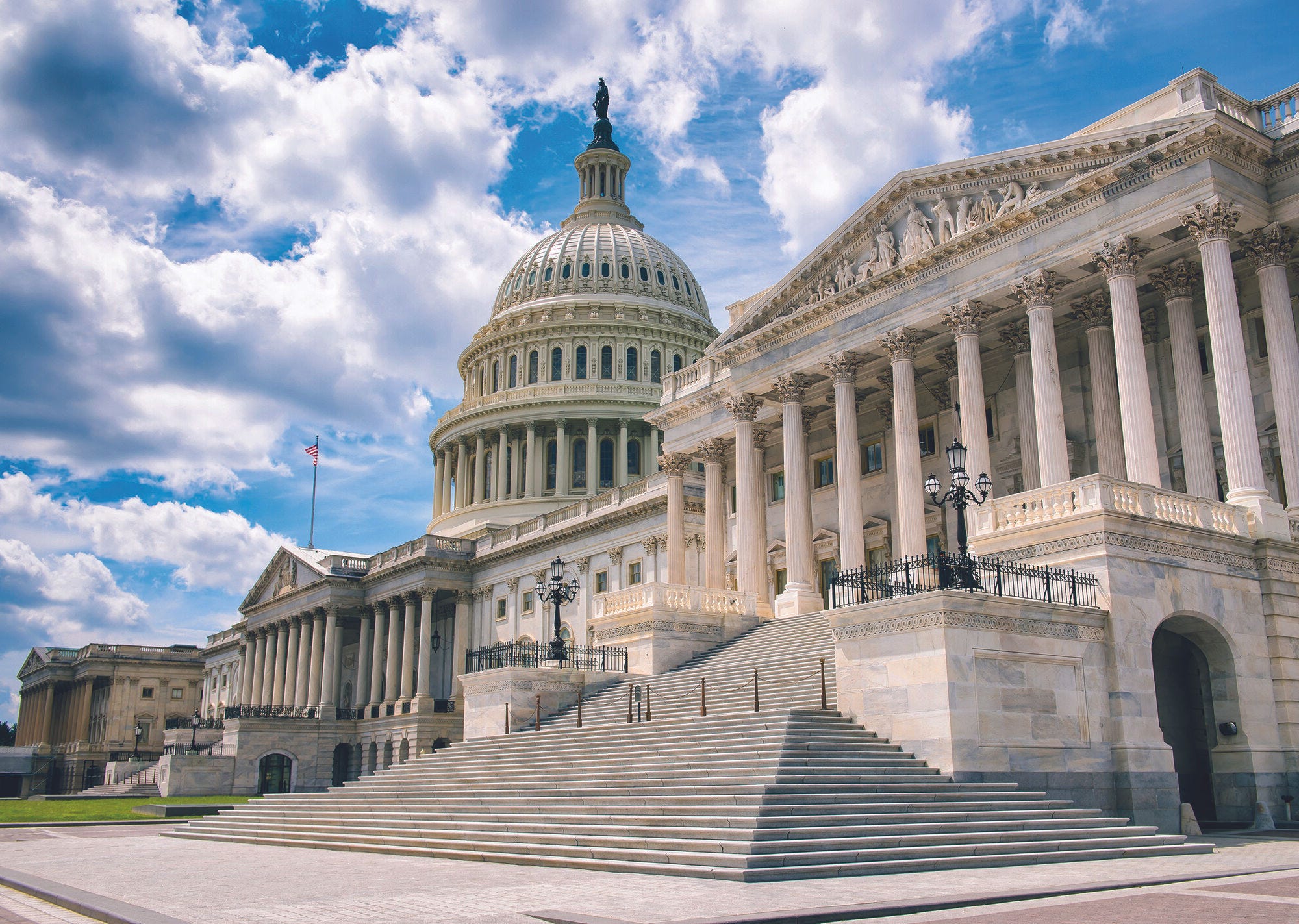Since the last IEA review of the United States was published in 2008, the country’s energy policy landscape has fundamentally changed. In many aspects there have been significant improvements, and the country is in a strong position to deliver a reliable, affordable and environmentally sustainable energy system.
The most obvious change has been the renaissance of oil and gas production: the growth in unconventional gas production, alongside increased output of light tight oil, is making a substantial contribution to economic activity and competitiveness. Conversely, the expansion in energy production is also raising unease on environmental and safety grounds, concerns which must be addressed appropriately.
The U.S. natural gas boom has resulted in stable wholesale electricity prices, lower greenhouse gas emissions and greater system flexibility. The electricity system, however, is in need of significant investment if the country is to meet demand growth forecasts and strengthen its resilience to climate change. Renewable energy production is growing but the durability of federal tax incentives remains a persistent uncertainty.
At policy level, a number of strategic initiatives have created a new policy framework over the past six years. Among them, the Climate Action Plan has the potential to guide the U.S. economy away from its reliance on fossil fuels and towards a more sustainable energy system.
This review analyses the energy policy challenges facing the United States and provides recommendations for further policy improvements. It is intended to help guide the country towards a more secure, sustainable and affordable energy future.









